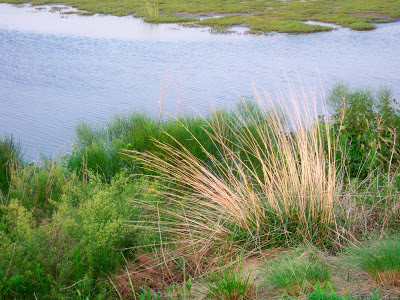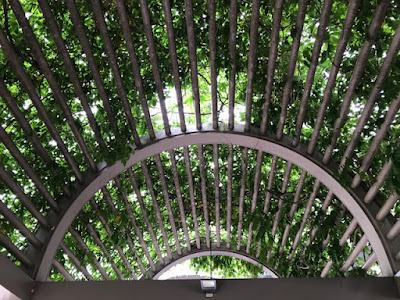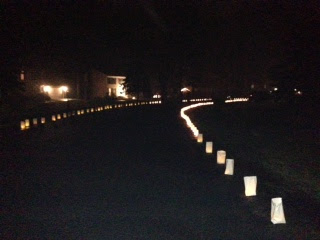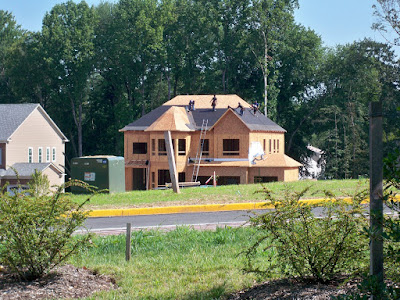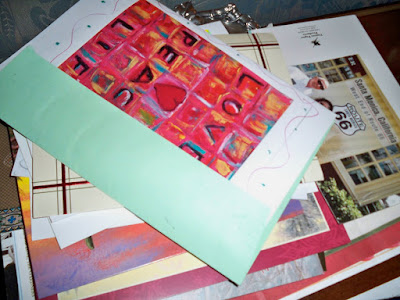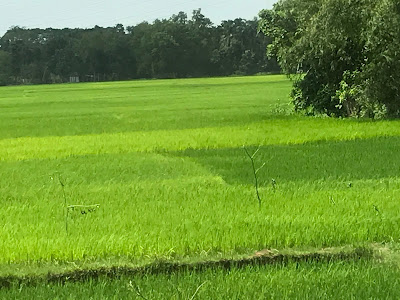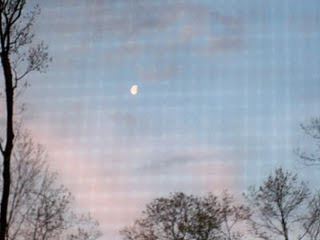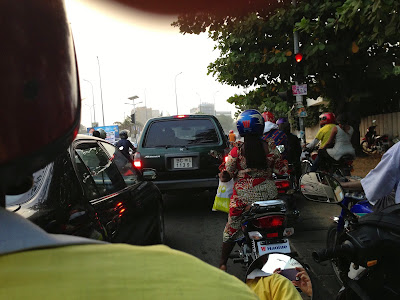Wrap Season
The rains have finally come, and I left the house with something I haven’t had in months — a jacket. True, this is a lightweight rain jacket, hardly a warm winter coat, but still it seems like the end of something — the carefree habit of walking out wearing only what I have on inside.
I thought that this morning when I hung up the jacket in my coat cubby that I haven’t used this in a while. Even last week, with morning temps in the 40s, I got by with a sweater and a warm scarf (both of which I needed to wear in the office since they keep the blasted place so cold.
But today marks a sea change; it’s the first day of the Wrap Season. (Not the “It’s a Wrap Season,” which sounds much more interesting.)
I console myself as I always do on issues of weather and climate. At least I’m not in Chicago, where the Wrap Season lasts from September through May.

